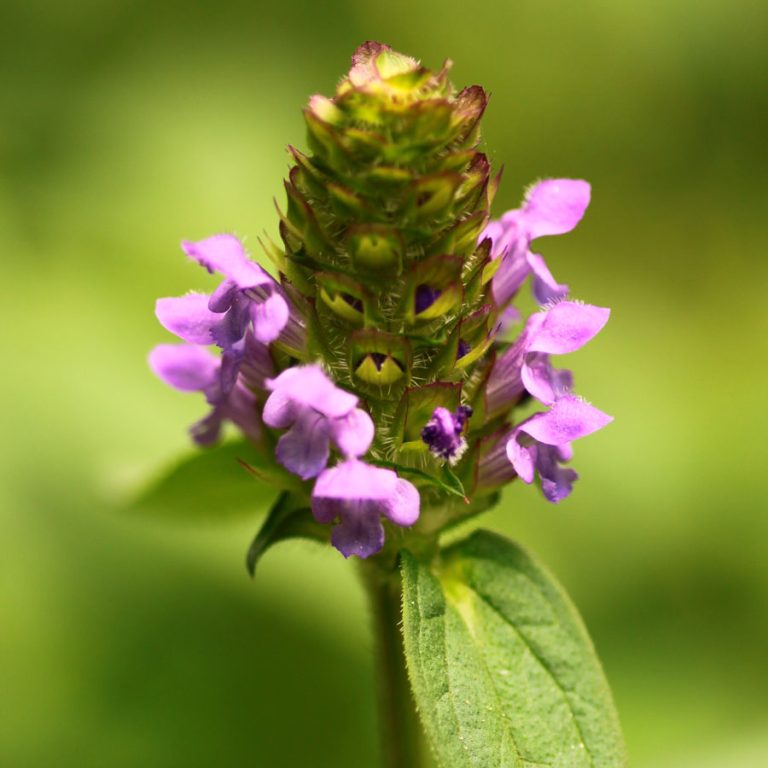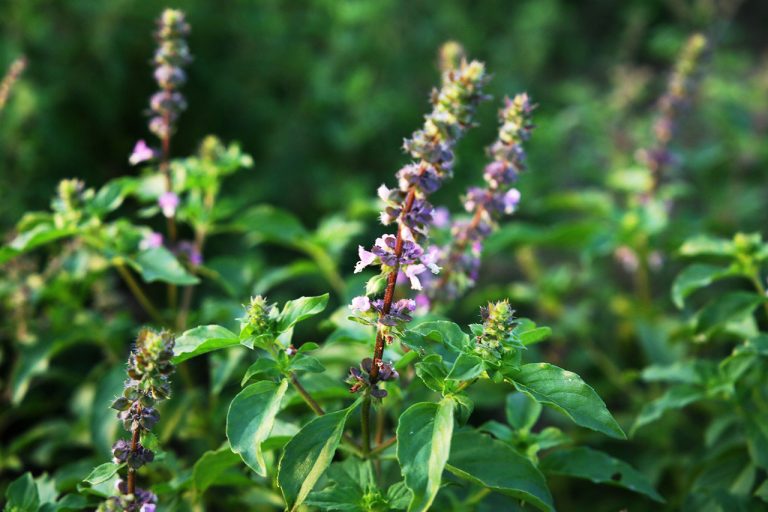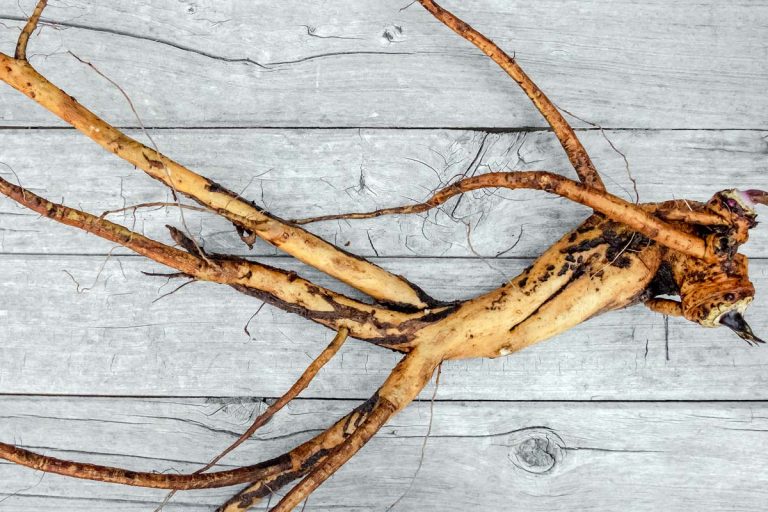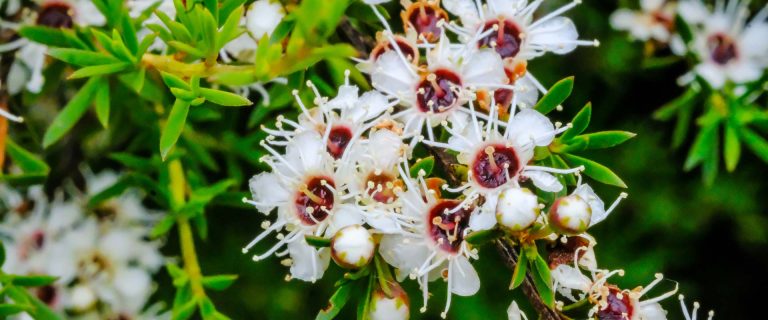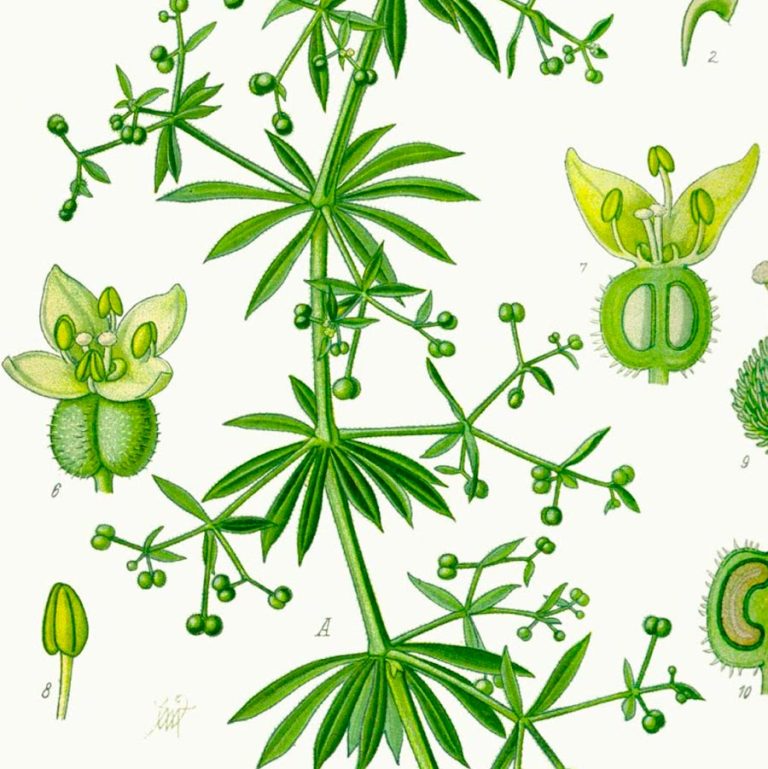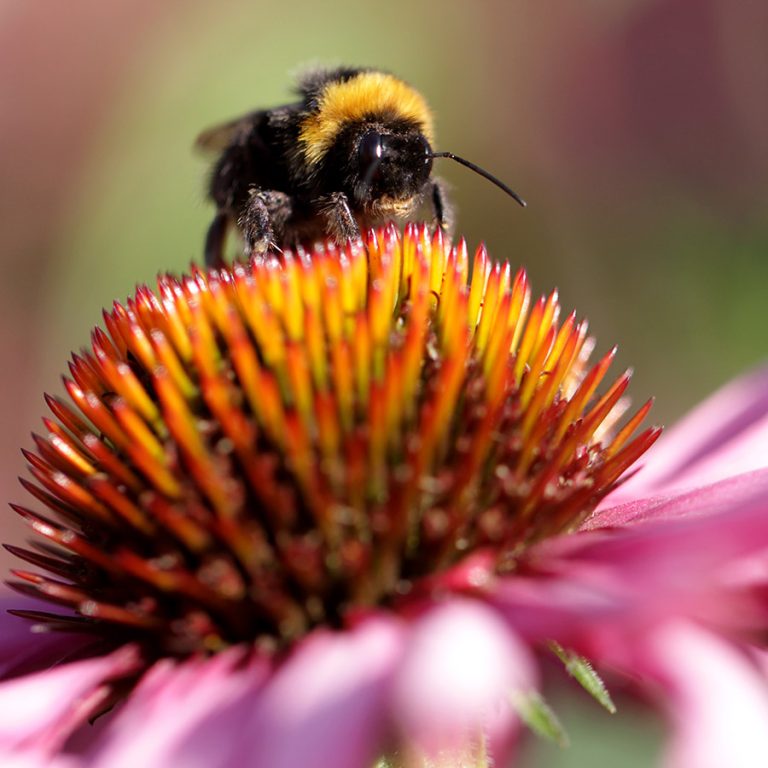Self heal – Prunella vulgaris
Prunella vulgaris (Self-heal plant) – with a name like this it has to be good for you!! Self healing allows us to address any underlying issues that may be affecting us: emotionally, mentally and physically. When we prioritise our own healing, we can let go of negative patterns and behaviours, develop a more positive mindset, and…

